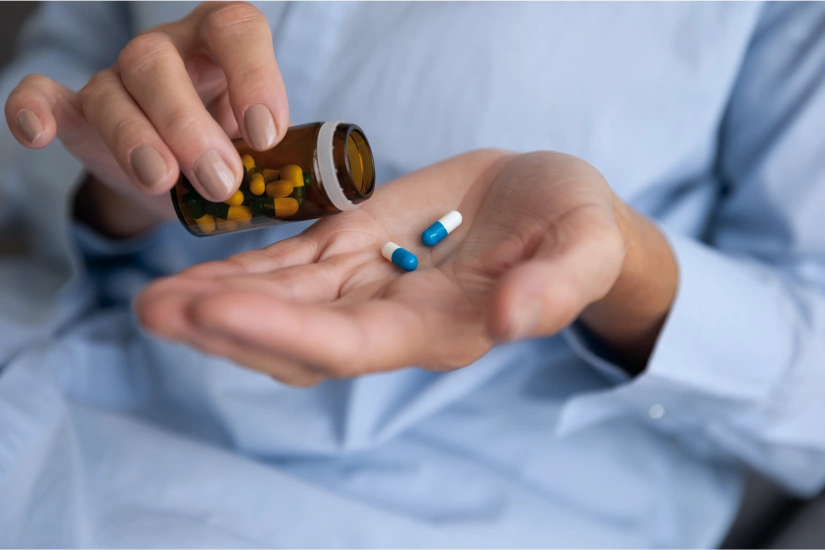24/7 Helpline:
(866) 899-221924/7 Helpline:
(866) 899-2219
Learn more about PTSD Treatment centers in Bridgeport
PTSD Treatment in Other Cities
Other Categories in Bridgeport

Other Insurance Options

Providence

Self-pay options

BlueCross

Group Health Incorporated

Health Net

Aetna

ComPsych

American Behavioral

Magellan Health

UnitedHealth Group

Health Choice

BHS | Behavioral Health Systems

Health Partners

Regence

GEHA

Evernorth

CareFirst

Coventry Health Care

UMR

Cigna

West Feliciana Behavioral Health
West Feliciana Behavioral Health is an outpatient facility that offers treatment for individuals wit...























